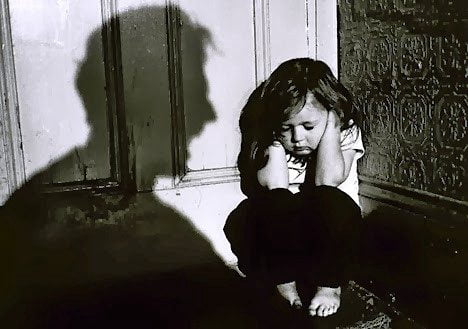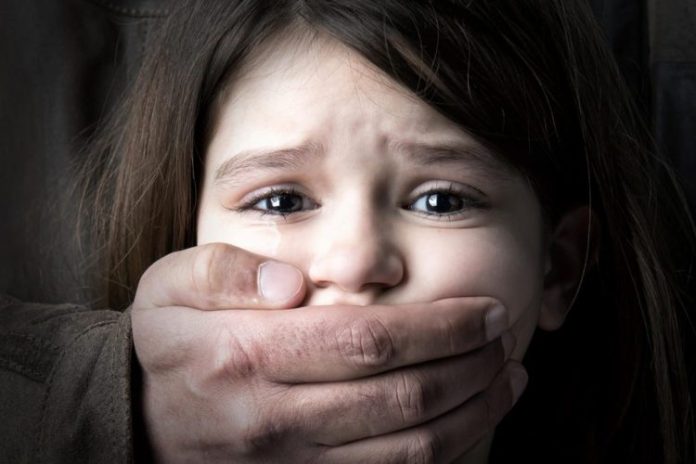Child Molestation is a form of child abuse that includes sexual activity with a minor. A child shows dislike and doesn’t consent to any form of sexual activity, period. When a culprit engages with a child in an unwanted way, they are committing a crime that can have long-lasting effects on the victim for years.
If you notice any activities linked with the sexual abuse signs, immediately have your child evaluated by an expert. If multiple indicators are included it “can be a culprit” category, seek the help of authorities who can assist in determining if abuse has occurred or if there are other issues causing suffering to your child.
Behavioral Signs that will help you detect they are being abused or not?

Read Also: Child Bullying-Save Your Child from this Vicious Circle?
Signs that are strongly related to Sexual Abuse:
- Reluctance to undress and also do various other activities
- Fear of being alone with unfamiliar people or others apart from family.
- Fear of certain places or objects in children
- Uncomfortable with signs of affection by you or others, such as hugging and kissing
- Sexual behaviour that is fully inappropriate for their age
Physical Signs that can be seen in a sexually abused child

Read Also: How to teach your child Good Touch and Bad Touch?
Physical signs that are strongly linked with Sexual Abuse
- Torn clothes of children
- Bruising all over their body or at private areas
- Bleeding in genital or from mouth
- Itching, pain or discharge through the genital areas
- Swelling, rash or redness around the private areas.
How can you help sexually abused children?
A big part of protecting your child is about creating a dialogue with them. Have a great insight with us and learn ways to talk with children to keep your child safe from sexually abusive people:
Talking to the child

If you know and are worried about abuse, talk to the child directly. Keep in mind a few rules to create a non-threatening environment for the child where they may be more likely to open up to you to talk:
Read Also: How to Deal with Teenage bullying?
-
Pick a time and Place Carefully
Choose a space where the child is more okay and comfortable or ask them their place to talk. Avoid talking in front of someone who may be causing them the harm.
-
Talk to Your Child Directly
Ask questions that use the child’s vocabulary, but keep in mind that is also a little vague. For example, “Has someone been touching you and forcing you?” In this statement, “touching” can mean different things, but it is likely a word the child is more familiar with. Be prepared the child can respond with questions or comments to help you better measure the situation like, “No one touches me except my mom at bath time”. Understand that sexual abuse can feel good to the child as he is unaware of what is wrong and what is right, so asking if someone is “hurting” them may not bring out the information that you are looking for.
-
Listen and Follow up What Your Child Says
Allow the child to talk freely and frankly with you. Wait for them to pause and then follow up or write down the points that made you feel concerned.
Avoid blaming children, by using “I” questions and statements. Rather than begin your conversations by saying, “You said something that made me tensed or worry about you”.
-
Reassure the Children That You are With Them
Make sure that the child knows that they are not in trouble when you are around. Let them know you are simply asking questions because you are concerned about them and you will always keep them safe. They can always look up to you.
Safety of your children is your foremost priority. Never ignore or shoo them away, when they are looking forward to sharing something with you!

